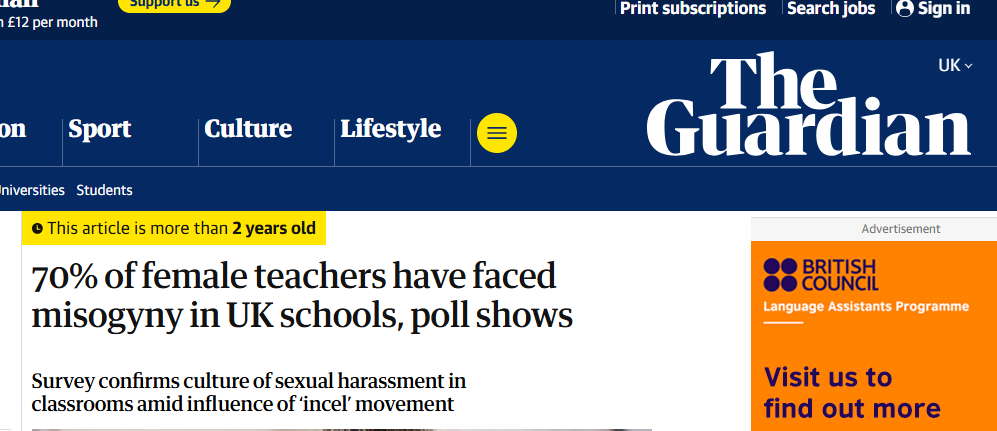“Incel” stands for “involuntary celibate,” referring primarily to young men who believe they are unable to find romantic or sexual relationships, due to factors they perceive as outside their control.
Watch the Video Below
Key Characteristics of Incel Culture:
Where it started:
The word “incel” was first used in the 1990s by a Canadian woman. It was meant to describe people who couldn’t find romantic or sexual partners, even though they wanted to. Over time, it turned into an online group mostly made up of men.
What they believe:
- Many incels believe that only good-looking people (based on genes) can find love.
- They often think they are at the bottom when it comes to looks and dating.
- They blame women for their lack of relationships and sometimes say very negative things about women.
- Some believe in the “blackpill” idea, which means they think their situation will never get better.
Words they use:
- They use rude words like “femoids” or “Stacys” to talk about women.
- They call attractive men “Chads.”
- They also talk about “red pill” and “black pill,” ideas taken from The Matrix movie, to describe “waking up” to how they think the world really works or giving up hope.
Platforms and Spread:
Incel communities thrive on platforms like Reddit, 4chan, and Discord, as well as dedicated forums. Over time, they have migrated to more obscure spaces due to bans on mainstream sites.
Incel culture spreading in schools

“Teachers have raised concerns about the influence of “incel” subculture on teenage boys, as a survey revealed that seven in 10 female teachers have been victims of misogyny in school.” The Guardian

“In front of her pupils, a teacher recoils from a barrage of abuse. A teenage boy shouts that she’s “a f***ing pig” while others heckle her with animal noises.” The Sunday Post
Concerns and Impact:
Misogyny:
Incels often spread negative ideas about women and are against feminism and women’s rights.
Violence:
Some incels believe it’s okay to hurt women or men who are dating, as a way to get back at society.
Mental Health:
Many incels feel very lonely, isolated, and hate themselves. This can make their harmful beliefs even worse.
Red Flags Parents Should Watch For
Be vigilant for these signs in your child’s behavior or online activities:
- Sudden withdrawal or increased isolation.
- Displaying extreme bitterness toward relationships or the opposite sex.
- Using specific terminology linked to incel communities, such as “Chads,” “Stacys,” or “blackpill.”
- Visiting forums known for harboring extremist or misogynistic viewpoints.
Potential Dangers and ConsequencesBeing around incel culture can be very harmful. It can lead to:
Struggling to make good friendships or relationships, which can make people feel even more alone and bad about themselves.
Feeling very sad, worried, or hopeless.
Getting the wrong ideas about men, women, love, and dating.
Being pushed toward angry or violent thinking, like in some real-life cases.
Practical Advice for Parents
Having open, proactive conversations is crucial. Here are helpful strategies:
- Discuss healthy relationships: Encourage open discussions about rejection, consent, respect, and self-worth.
- Promote empathy: Help your child develop empathy and respect for all individuals, emphasizing the importance of treating others with kindness and fairness.
- Monitor online activity: Regularly check-in on your child’s digital habits and discuss online safety and digital citizenship.
- Create safe communication channels: Ensure your child feels comfortable coming to you with concerns or questions without judgment or punishment.
- Seek professional support if needed: If you suspect deeper emotional struggles, involve professional counseling early.



